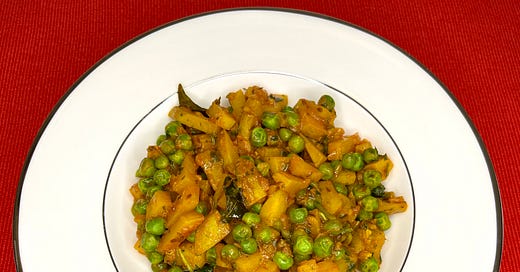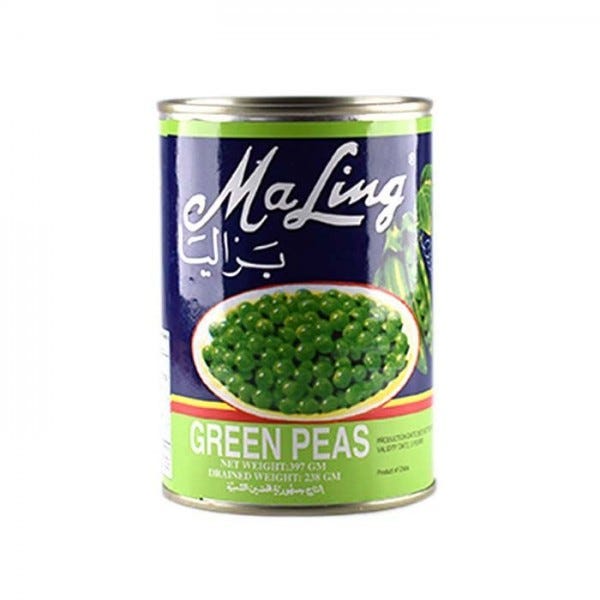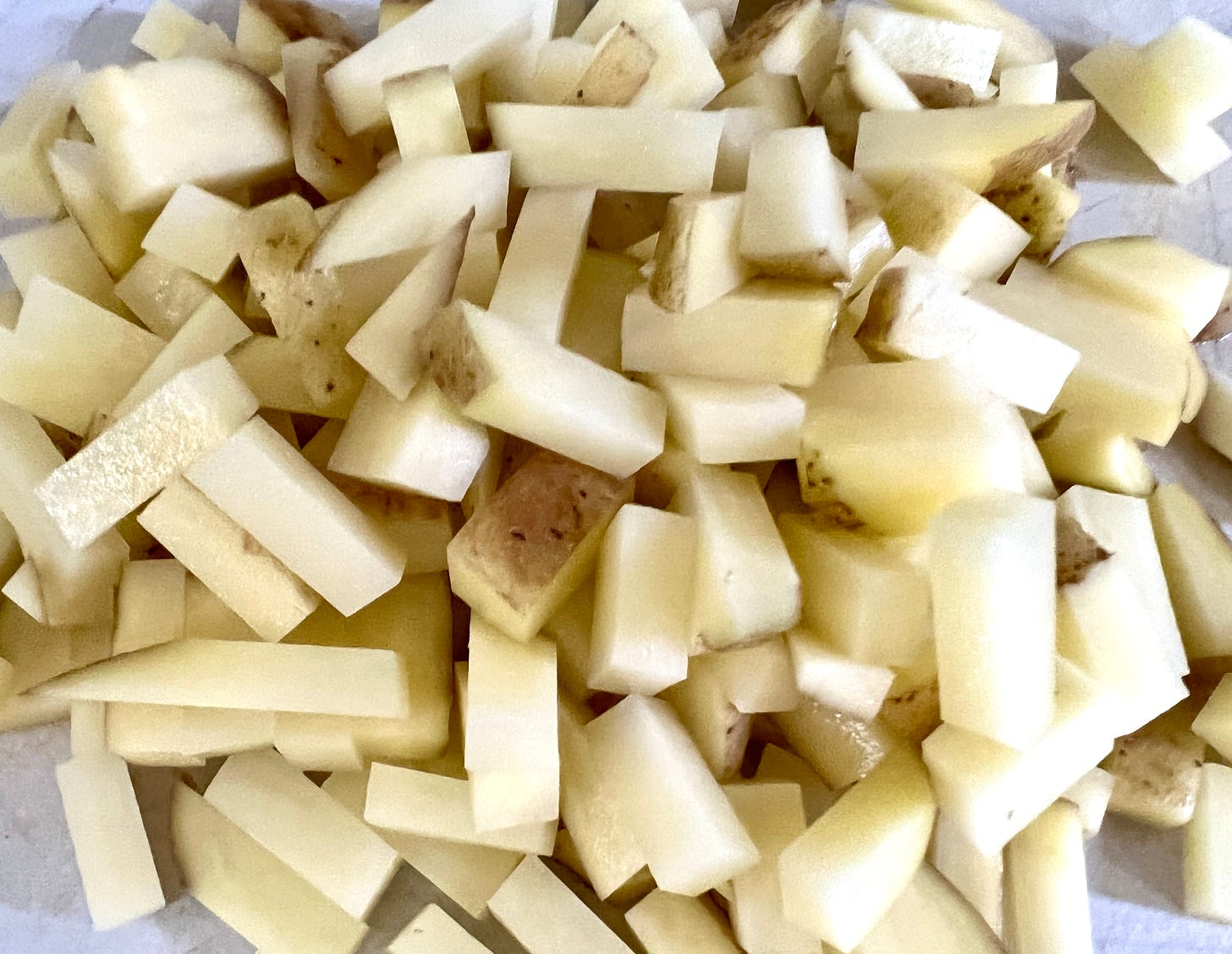There is nothing linguistic, social or otherwise, about this post. But it’s something I wanted to write this week. Funny how some memories are triggered.
We lived in Aden, the capital of the People’s Democratic Republic of Yemen, or PDRY, as it was then known (it was also called South Yemen), from 1980 to 1988, during the last three years of which I was in boarding school in India for part of the year. Those years in Aden are the happiest of my childhood.
And while in Aden, we got to know people from all over the world. It was a small town with a huge international community; my brother and I went to the Aden International School (the only English school in town), and my mum quickly got a job at the same school. And we got to know people from Hungary, Germany, Pakistan, Egypt, the UK, Sudan, Romania, Ethiopia, other Indians, and of course, Yemenis. Childhood those years was pretty blissful.
South Yemen was communist in those days, and the country’s relations with the Soviet Union were apparent in our everyday lives – mostly by the presence of a large Russian population in the small city. And by the reverence, mixed with a good dose of fear, that the locals seemed to have toward the Russians. And it never occurred to us then that we didn’t have any Russian friends (coming to think of it, we didn’t have any American friends either. Hmm.). Now my parents being my parents, were nice to everyone they encountered. So it wasn’t that. Whenever we encountered Russians – while out walking, or at the market, my parents smiled and said hello. And most often, they were rewarded with a frown and a grunt, if that, in return. They, well, seemed to keep to themselves.
Now this is not a historical account of the Soviet relationship with then South Yemen, nor is it a political post of any sort. It is one, instead, that focuses on how two young children (or at least one; I won’t speak for my brother) learned about Russia. And learned about empathy and tolerance, without knowing it.
During our first couple of years in Aden, we ate canned vegetables a whole lot. Because that was what was available. Canned veggies most nights, made into incredible curries, and when we went to the Victory Company for Free Trade (we called it the Victory Shop), a shop for foreigners with US Dollars to spend, once every couple of weeks, we got frozen produce. Fresh produce was rare.
The Victory Shop also introduced us to American chocolate. But I won’t digress.
The Russians were the only foreigners who could spend local Yemeni Dinars at the Victory Shop. And they had their own school for their kids.
So canned veg. What my mum managed to do with a can of peas was, and still is, astonishing. MaLing peas. I don’t know why I remember the name, but I was so pleased to find a picture of the exact can we used to buy. We’d always have several of these in our kitchen. And jars of tomato paste, because we hardly ever saw fresh tomatoes. I still love canned peas because of Aden; love the little pop a pea makes when pressed between my tongue and the roof of my mouth. Fresh peas never do this. Frozen peas do, but not as satisfying a pop. Try.
Now once a week or so, the local vegetable market would get some fresh produce. And my dad would go there at the crack of dawn to queue up and try and procure a kilo of potatoes or onions. Or if we were really lucky, a cabbage or some okra. And very often he would return with nothing (but anger and resentment). And around this time, my brother and I learned the concept of pocket money. We were never just given pocket money, we had to earn it, and earn it very proudly, we did. So half a shilling for sweeping a room, half a shilling for mopping a room (a shilling was about 15 cents then). And then we realized that harder tasks would earn us more. Could we go to the market for you? My parents were probably hesitant at first, but eventually did acquiesce. Aden was a safe place. So then my brother and I would traipse off at 5am to the market (not too far from our apartment), and wait in the half kilometer long queue. Veggies were very strictly rationed, each individual, even the local Yemenis, being allowed either 1kg or ½ kg of whatever was available.
And at the vegetable market is where my brother and I learned about the Yemeni feelings toward the Russians. And where we probably learned to hate, with all the hatred out little 7 and 9-year old hearts were capable of. Because vegetables weren’t rationed for the Russians. And we’d stand in the queue for three hours, getting hotter and hotter under the Yemeni sun, only to have the two Russian women in front of us buy out the rest of the week’s stock. And we’d have to return home empty-handed. Happened time and time again. Not always the same women.
And we’d go home angry and resentful. And my parents thanked us profusely. Empathized, allowed us our outbursts, and said maybe things would be better next week. But how could do they be so mean, we’d ask. And then I distinctly remember one or both of them saying something like this: these are probably people who have very little back in their country. This, despite the justifiable anger my dad had felt numerous times before. They didn’t elaborate.
I haven’t thought about those days in years. This week, it’s all come back. And I have replayed those conversations many times in my head the past few days as the horrors in the Ukraine unfold, horrors instigated by a megalomaniac with a nuclear arsenal at his fingertips. And I realize that with that simple sentence, my parents instilled in me – possibly without even being aware of it - a sense of tolerance; of giving someone the benefit of the doubt; the importance of trying to step into another’s shoes; to recognize the humanity in another, irrespective of how much I might not want to. Empathy.
Because whether it was the women in the queue at the veggie market in Aden, or people queueing up in front of an ATM in Moscow today, it is increasingly important for us, particularly because of our penchant for knee-jerk reactions, to remember that many of these are people bearing the consequences of decisions that most of them have absolutely no control over. But have to live with.
Oh, and my brother and I got two shillings for each trip to the veg market. Each.
And for the recipe, I couldn’t not go back to the Aden days. Not the green peas curry my mum often made with MaLing peas, but something that came from that – a potato and green pea curry. And tomato paste. This is a version of the peas and potatoes we often ate in Aden, and later, it became a frequent accompaniment to chapattis for school lunches when we were all back in India.
Potato and Green Pea Curry
Ingredients (serves 6; vegan; vegetarian)
1. 1 cup finely diced onions
2. 1½ Tbsp finely chopped garlic
3. About 500g of potatoes, skins on, scrubbed – how they are cut is described below
4. 3 Tbsp oil
5. 1 Tbsp cumin seeds
6. 1 tsp turmeric
7. 2 green chillies, chopped (or as per taste)
8. 2 sprigs of curry leaves
9. 2 Tbsp tomato paste
10. 1½ tsp ground coriander
11. 2 tsp salt
12. 1 tsp sugar
13. 1½ cups of frozen peas – I didn’t have canned peas at home when I made this dish this week!
14. ½ cup of fresh cilantro
Method
1. Cut up the potatoes – first cut them into skinny French fries, then cut the fries into ½ to ¾ inch pieces.
2. Heat the oil in a heavy-bottomed skillet. When the oil is hot, add the cumin seeds and allow them to splutter.
3. Next add the curry leaves, turmeric, and garlic. Sauté the garlic for about 10 seconds before adding the diced onions along with ½ tsp of the salt. Sauté the onions on low-medium heat for 5 minutes.
4. Now add in the tomato paste, stir, and allow to cook together for 10 minutes. You can certainly use tomatoes instead of the paste, but the flavor from the paste is wonderful. If you do want to use tomatoes, I’d use one cup of finely diced tomatoes, and allow them to cook low and slow till the oil separates from the tomato and onion mixture.
5. Now add in the potatoes. Stir the potatoes well so they are coated with the tomato mixture.
6. Now add in the remaining 1 ½ tsp of salt, the ground coriander, the sugar (don’t skip this; it balances out the flavors), and ½ cup of water.
7. Cook with a lid on, stirring occasionally. Cook till potatoes are tender – should take around 12 minutes.
8. Now add in the frozen peas, and cook for an additional 5 minutes. If you are using fresh peas, put them in when the potatoes have been cooking for about 7 minutes – so they have a little extra time to cook.
9. Turn off the heat, garnish with plenty of fresh, chopped cilantro. There’s no wrong way to eat this curry. Serve it with a rice or bread of your choice. Or, eat it with a sunny-side up egg. That’s how we ate it this week!









You argue beautifully that peace can only exist, if we recognize each other's humanity.
I'm awestricken that such good food can be made from canned vegetables. And let's hear it for the benefit of the doubt. <3